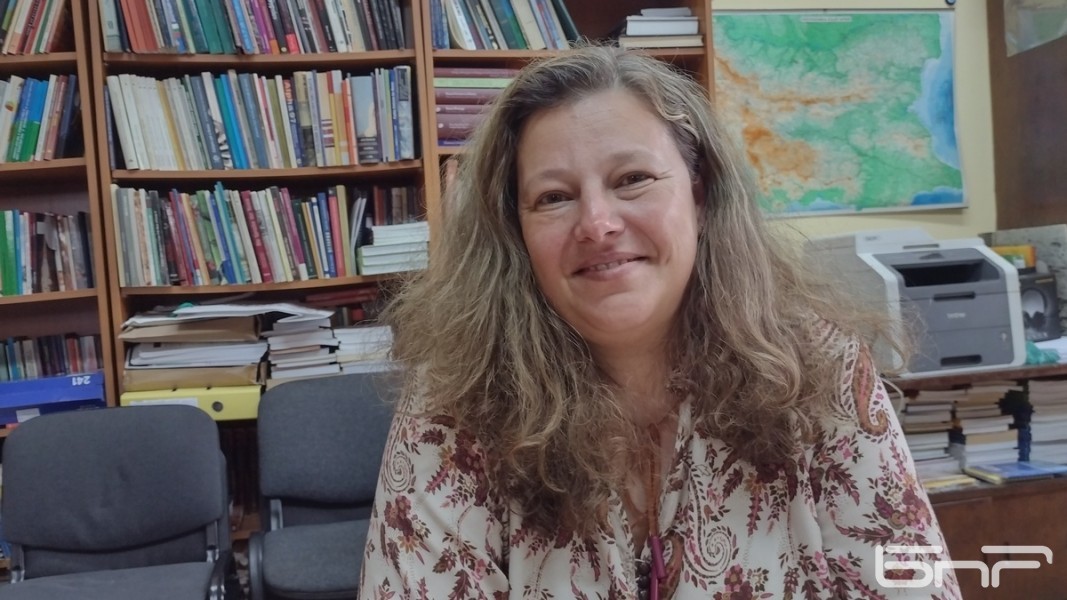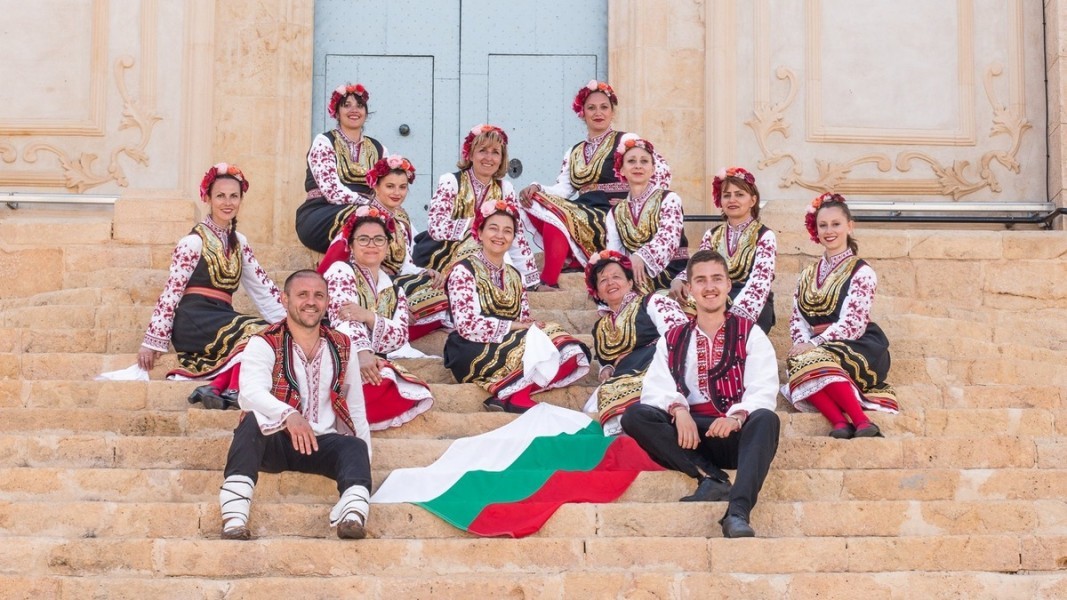Bulgaria is increasingly becoming part of the general trend and dynamics of European citizens changing their location. There are no inhospitable European countries, rather it is a matter of policies and different interests of the Bulgarians, ethnologist Dr. Julia Popcheva from the Institute of Ethnology and Folklore at the Bulgarian Academy of Sciences, says in an interview with BNR. She commented on the results of an inter-institutional study dedicated to the modern identity of the Bulgarians.

Is European identity an abstract formula and what do Bulgarians associate it with?
Nearly 48% of our compatriots perceive Bulgaria as a member state of the EU and 30% - as a Balkan country at the crossroads between East and West. Just 2% perceive Bulgaria as a country oriented towards active cooperation with the USA, which is within the statistical error. Bulgarians are European-oriented, but at the same time, for 62 percent, the leading marker for European identity is geographical location; for 33 percent, it is the historical past and for 27 percent- cultural heritage. For 23%, the European identity is equivalent mostly to the general economic development and for 22 percent of the respondents identification is related to the general policy and legislation, the research shows.
The identification of Bulgarians with Europe is to a much greater extent linked with the continent and civilization rather than with its political and economic organization, the survey found.

"When we talk about local, national, supranational as an understanding of personal identity, we are rather talking about different levels of this identity. It is equally important for a person to feel Bulgarian and to feel connected to their birthplace. We meet people who define their ethnic identity as different from Bulgarian, but in reality they feel that they are Bulgarian citizens. These identities are not at war with each other, they complement each other. Very often, respondents from abroad will tell exactly which city they are from, or which village they are from, how they like to return to this place. They continue to feel connected to this place, if they were not offended in some way by the state," Julia Popcheva says.
The national identity of Bulgarians has always been very strong and manifests itself at different levels. What is more interesting is that the European part is becoming stronger and the sense of borders among the youth is blurred. It is becoming easier for them to travel abroad. Today's students have grown up in the conditions in which Bulgaria is part of the EU, with the awareness that they are citizens of the EU and do not go to study in the West with the feeling of permanent emigration, but with the feeling of opportunities and getting to know a different culture.

There is also a difference in the perception of Europe and what "abroad" means in general by different generations of Bulgarians. Within the past 30 years we have had a visa regime, a visa-free regime; after 2007 we had the right to travel but not to work, and after 2014 to work. For several weeks, we have been part of the so-called partial Schengen - this evolution is related to the perception of Bulgaria as a part and participant in the life of the EU, Julia Popcheva points out.
"Rather, Europe sometimes emerges in our research as the negative image of the place that took away our children. This is the negative connotation that we can detect. But it makes an impression that more and more elderly travel. These are the ones who were the young people 30 years ago, when they started traveling."
Both Europe and the EU are perceived more according to their cultural-historical value than with their institutional one, the team who worked on the project found out.
"The national representative research we did on our project on contemporary national and European identities shows that the notions of Europe and the EU are largely mixed in people's minds and on the other hand, they do not identify so much with European institutions. The European elections are coming and once again we say that voter turnout will be low precisely because of this. Very often in this survey we heard: ‘We have always been part of Europe’, which means that there is a confusion between the geographical, historical, and cultural idea of Europe. I would not say the modern Bulgarian feels Europe is far away, regardless of their generation," Julia Popcheva adds.
Interview: Yana Boyanova
Publication in English: Al. Markov
Photos: IEFSEM – BAS, Yana Boyanova, BTA
The Regional Museum of Natural History-Plovdiv is hosting a three-day "Ice Festival" which will continue until December 15. The festival is dedicated to Antarctica Day (December 1 ) and is part of a series of initiatives organized throughout the..
On December 14 and 15, just days before the Christmas holidays, Plovdiv will once again host EXOTIC EXPO – the Bulgarian professional exhibition for exotic animals. The event is being organized for the third consecutive year and is the largest of..
The annual human rights awards Human of the Year will be presented for the seventeenth time at a ceremony today. The event takes place on the eve of International Human Rights Day - 10 December. The awards have no monetary value. Their purpose is to..
The village of Zmeyovo near the town of Stara Zagora is celebrating today, December 21, its traditional Festival of Pelin Wine. According to an..
Each piece evokes warmth and nostalgia because each is handmade and unique. The silvery reflections on the glass baubles take us back to childhood, when..
The making of knitted products is a traditional craft that deserves a revival and a new life, believes Alexandrina Pandurska, known for her numerous..

+359 2 9336 661
